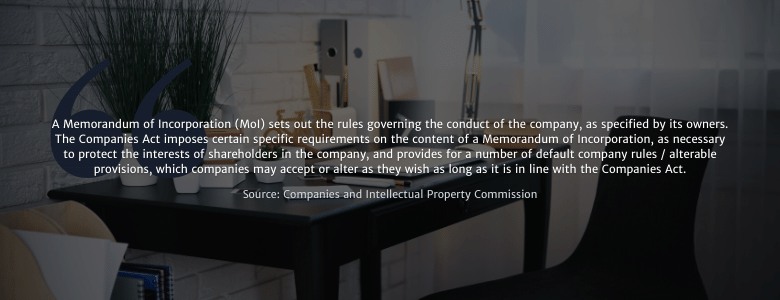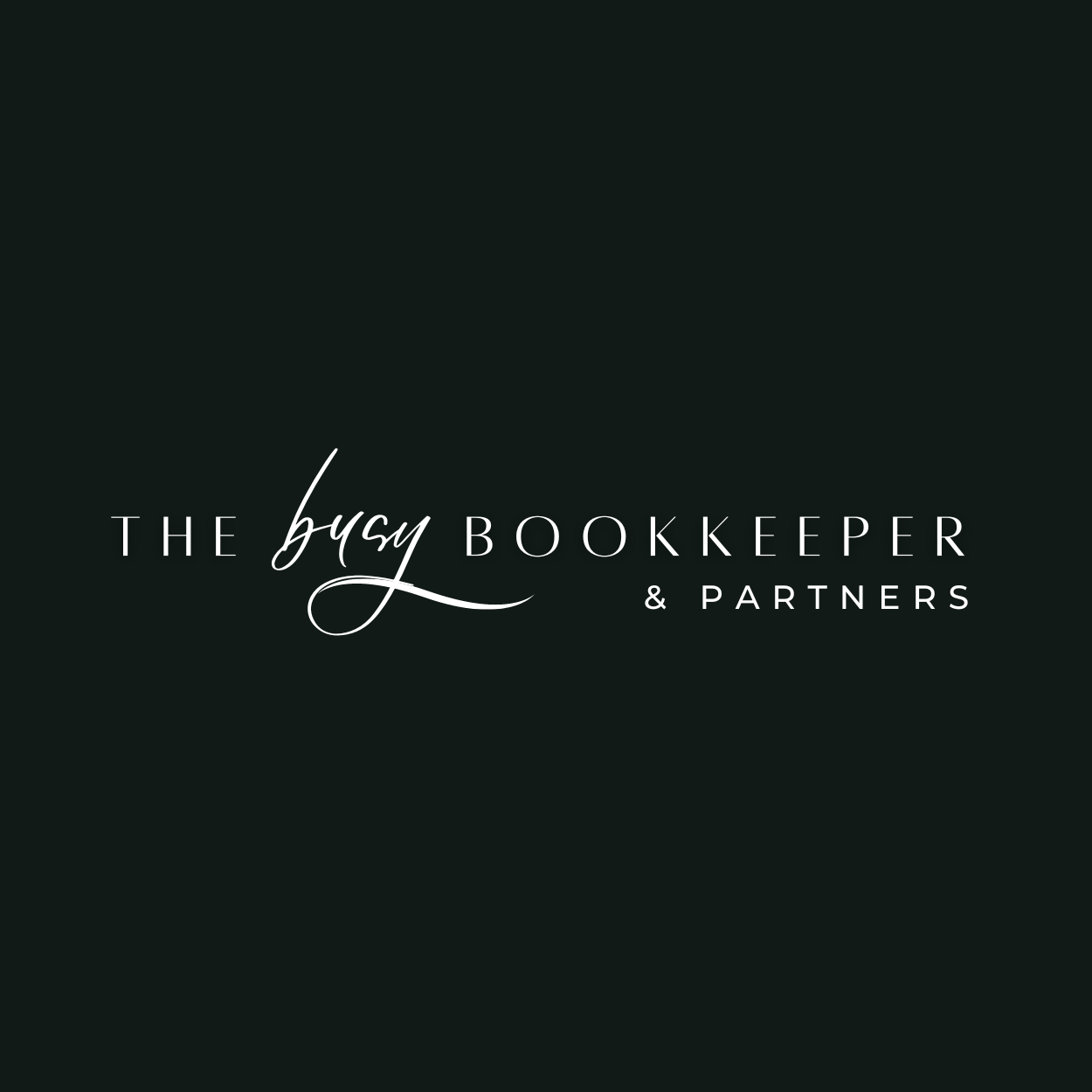Are you planning to start a business?
There are various types of business structures available for an entrepreneur to choose from when deciding what will work best for their needs. Not only are you able to trade through a registered entity, but you are also able to trade as sole proprietors or partnerships, or purchase franchise rights. In this article, we will go over these in a bit of detail.
Recommended in the Shop: Start a Micro Business in South Africa >>
Companies
A company is a juristic “person”. This is a body recognized by law as being entitled to rights and duties in the same way as a natural or human person. The Companies Act of 2008 breaks down the various forms of companies as follows:
PRIVATE COMPANY (PTY LTD)
The number of directors that are required to start this company must be between one to fifty with at least one shareholder. This company has the least amount of formalities and is perfect if you are planning on being a “one-man show”.
Recommended Read: Write A Business Plan >>
PUBLIC COMPANY (LTD)
This one is usually a listed company on the JSE. It is managed by a Board of Directors and is liable to its shareholders. They offer shares to the public to raise funds. This entity must have a minimum of three directors, and one shareholder.
PERSONAL LIABILITY COMPANY (INC)
Most accountants, doctors, and lawyers elect to trade through this type of company. Directors both past and present may be jointly and severally attached to the company’s contractual debt. It incorporates under section 8(2)(c) of the Companies Act the terms of its memorandum of incorporation.

STATE-OWNED COMPANY (SOC LTD)
This form of business entity can either be owned by local government – referred to as a “state-owned enterprise” in the Public Finance Management Act 1 of 1999 or a local municipality. An example of these could be Metrorail or eThekwini Electricity. The majority of the provisions of public companies will apply to state-owned companies as well.
DOMESTICATED COMPANY
This is a company that started out as a foreign entity. Registration was transferred to South Africa and now it is recognized by the Companies Act of 2008 as if it had originally been registered and incorporated on our soil.
NON-PROFIT COMPANY (NPC)
An NPC is set up for public benefit and its income and assets are not distributable to its incorporators, directors, members, officers or any persons related to anyone involved in the operations of the NPC. Its profits are purely to fund the NPC’s main objective.
It differs to a Non-profit Organisation (NPO) as it does not have to register with the Registrar of NPO’s. An NPO is not limited to registering as a company. It can be a charitable Trust, a Company or a Voluntary Association.
EXTERNAL COMPANY
Foreign companies looking to expand their profit or non-profit activities in South Africa will open up these branches. They are not recognised as separate legal entities.
Recommended in the Shop: Register a Company in South Africa >>
Natural Persons
There are two options available to you, should you wish to be self-employed but not trade through a company. We will go through these next.
Sole Proprietor
A sole proprietor, often referred to as a sole trader, is the simplest form of business structure that a person can trade as. It refers to a single founder, who owns the business and is personally responsible for all its debts. Any profits made by the business is added to the owner’s personal income and is taxed accordingly. The down side to trading as a sole proprietor is that the owner is responsible for all credit and debts, and should the business in any way default resulting in debt collection lawsuits, the owner’s personal assets will be consumed to cover them.
Partnership
This business structure is owned by two to twenty people. They contractually agree to operate a profit generating business, pooling together their collective skills, knowledge, and resources. They agree to split any profits as per their percentage of interest in the business.
As it is not a formally registered business, there is no legal separation between the owners and the business. This means that the debts of the business are the responsibility of its owners.
Franchise
A franchise is an opportunity to own and operate a business using the trademark/ trade name, systems and proven business model of an existing brand. The owner of the brand (franchisor) will then license the rights to trade as a franchise of their business to a third party (franchisee) for a fee.
This post may contain affiliate links. Please read our affiliate disclaimer here. >>







No Comments